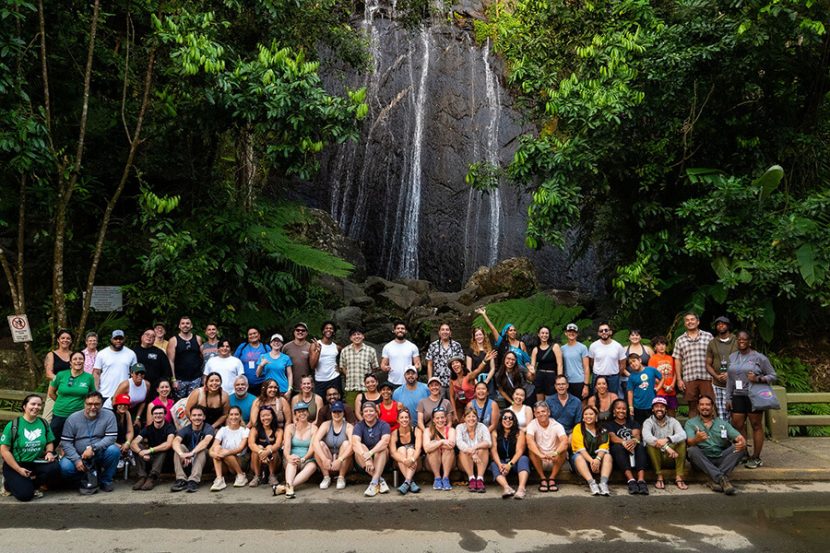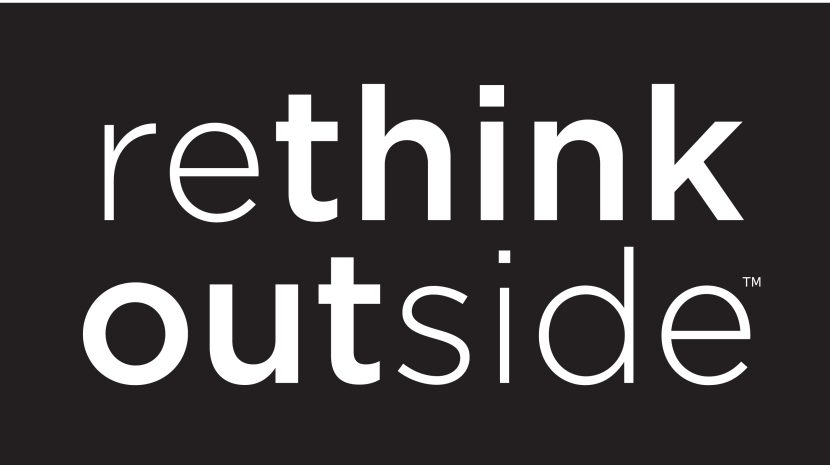Mosaic
Mosaic’s mission is to accelerate population-scale wins on climate, conservation, and environmental health and justice by supporting the field-wide connectivity and tools needed to build a bigger, more inclusive, and more effective environmental field. As a grantmaker and field catalyst, Mosaic provides the types of support leaders have identified as critical for success: communications, opportunities for connection and trust, leadership development, and advocacy tools and training. To date, Mosaic has invested approximately $30 million in these shared tools, benefitting thousands of organizations.


